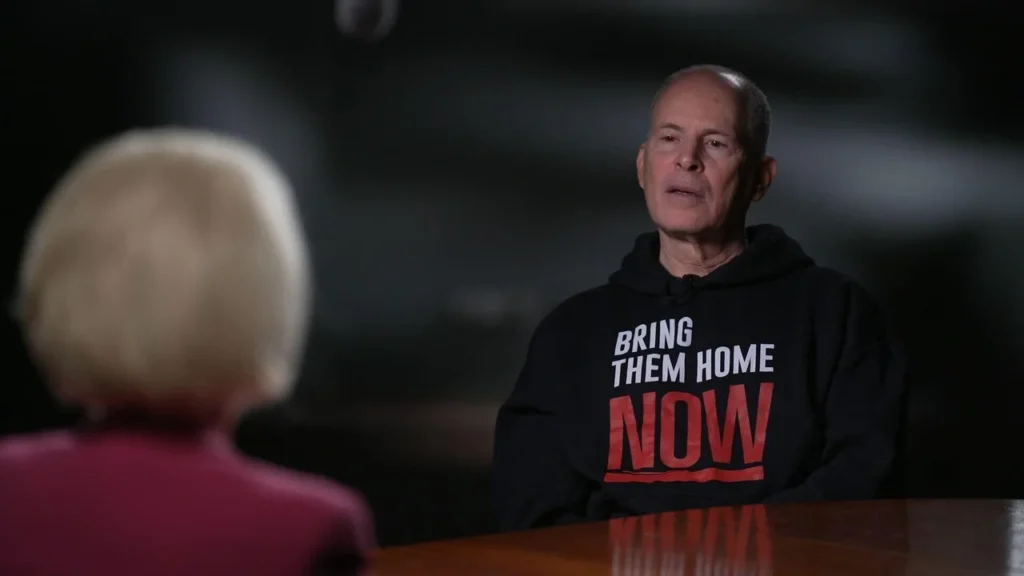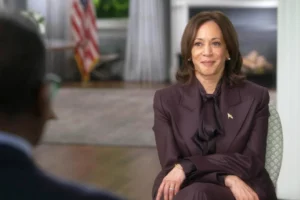One of the stars of CBS News’ “60 Minutes,” Lesley Stahl, is going public with her criticism of the network’s parent company, Paramount Global, and its nonexecutive chairwoman, Shari Redstone, for their efforts to settle President Trump’s $20 billion lawsuit against the venerable news magazine.
Ms. Stahl told David Remnick on a recent episode of “The New Yorker Radio Hour” that she is “angry” with Ms. Redstone for pushing to settle the lawsuit. The long-time “60 Minutes” correspondent, 82, signaled she might ultimately resign over the situation, in which “60 Minutes” has found itself caught in the middle of the high stake maneuvering over the planned acquisition of Paramount by Skydance Media, which is being held up by President Trump’s Federal Communications Commission.
Paramount executives have been in negotiations with Mr. Trump to settle his lawsuit against CBS for its editing of Vice President Harris’ 2024 interview with “60 Minutes” that removed a “word salad” from the beginning of her answer to a question about Israel, which made it sound more coherent. The executives reportedly believe settling the lawsuit would pave the way for the FCC to approve the Skydance deal. Their decision to settle – rather than fight a lawsuit that Washington and New York legal observers described as “frivolous” – has roiled the reliably liberal CBS News.
On “The New Yorker Radio Hour,” Ms. Stah discussed Mr. Trump’s lawsuit against CBS and the way the top brass at Paramount have handled it. She told Mr. Remnick that she is “not sure” what the question was that Ms. Harris was asked but said the vice president’s answer was “very long” as she defended the editing decision, saying it was done for time purposes.
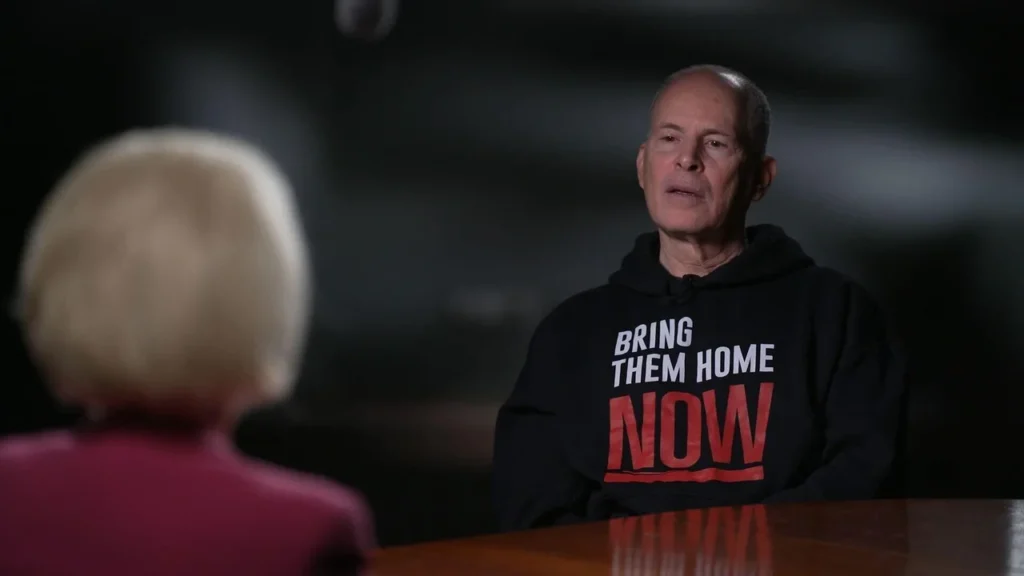
Ms. Stahl insisted “60 Minutes” is not in “turmoil,” yet she said the day the executive producer of “60 Minutes,” Bill Owens, resigned under pressure was a “punch in the stomach” and “painful, painful, painful.”
Mr. Owens resigned in April, saying he had lost the ability to make independent decisions for “60 Minutes.” His departure, which was widely viewed as a firing, followed months of tensions between Mr. Owens and Ms. Redstone, not only over the Harris interview and its repercussions, but also over what Ms. Redstone felt was an anti-Israel bias at “60 Minutes.”
Even after Mr. Owens’ ouster, “60 Minutes” continued to poke at Mr. Trump and Ms. Redstone.
Journalist Scott Pelley told the newsmagazine program’s viewers of Mr. Owens’ departure and indirectly linked it to the Skydance deal and Paramount’s attempt to settle Mr. Trump’s lawsuit. At the time, Mr. Pelley said in an extraordinary on-air rebuke of Paramount, “None of our stories has been blocked, but Bill felt he lost the independence that honest journalism requires.”
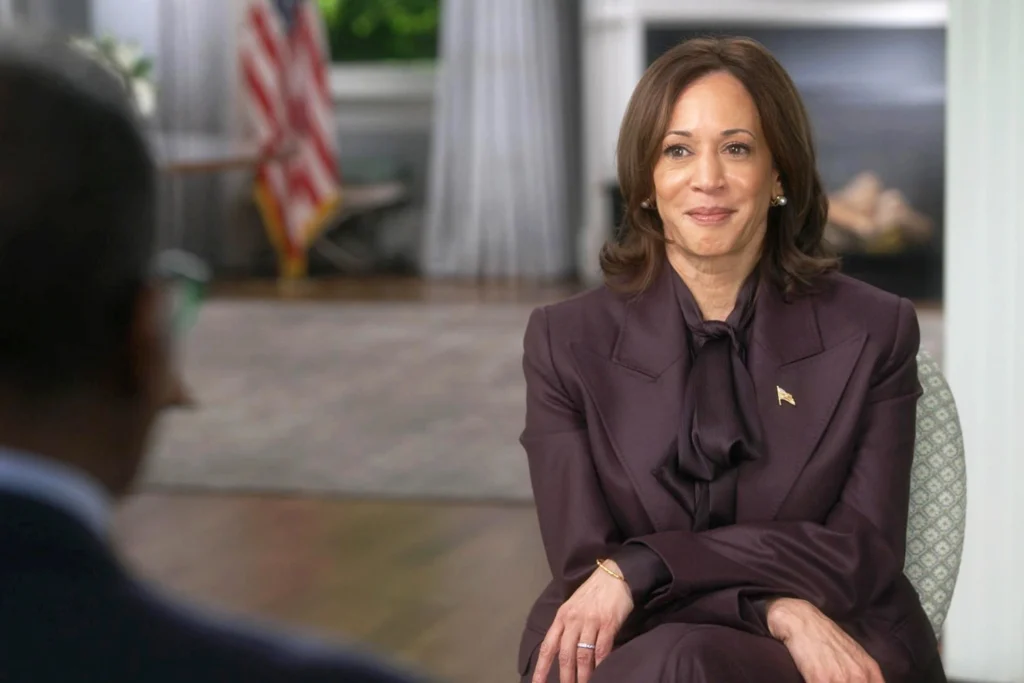
Ms. Stahl said in her interview with Mr. Remnick that Mr. Owens left because “he was being asked to either not run pieces or to change parts of the stories, and he was standing up to it.”
Even as Paramount sought to settle the Trump suit, “60 Minutes” was taunting both Paramount and Mr. Trump by airing weekly pieces attacking the Trump Administration. Ms. Redstone had reportedly asked if “60 Minutes” could avoid airing or dial down the anti-Trump segments until the lawsuit was settled, according to published reports. Furthermore, she’d installed a CBS News lifer, Susan Zirinsky, to oversee editorial standards, with a particular focus on coverage by “60 Minutes” of Israel. “60 Minutes” famously views itself as independent of – and superior to – the rest of CBS News, and Ms. Zirinsky’s supervisory role is said to have infuriated Mr. Owens.
Speaking of the day his resignation was announced, Ms. Stahl said, “Everybody at ‘60 Minutes’ — I think everybody… most of us — really appreciated his standing up to the pressure and saw him in heroic terms. So, when he announced that he was stepping down, it was a punch in the stomach. It was one of those punches where you almost can’t breathe.”
Ms. Stahl said it was “another blow” when the CEO of CBS News and Stations, Wendy McMahon, announced her resignation because, as Ms. Stahl put it, she “sided with us” and was a “barrier” against Paramount executives.
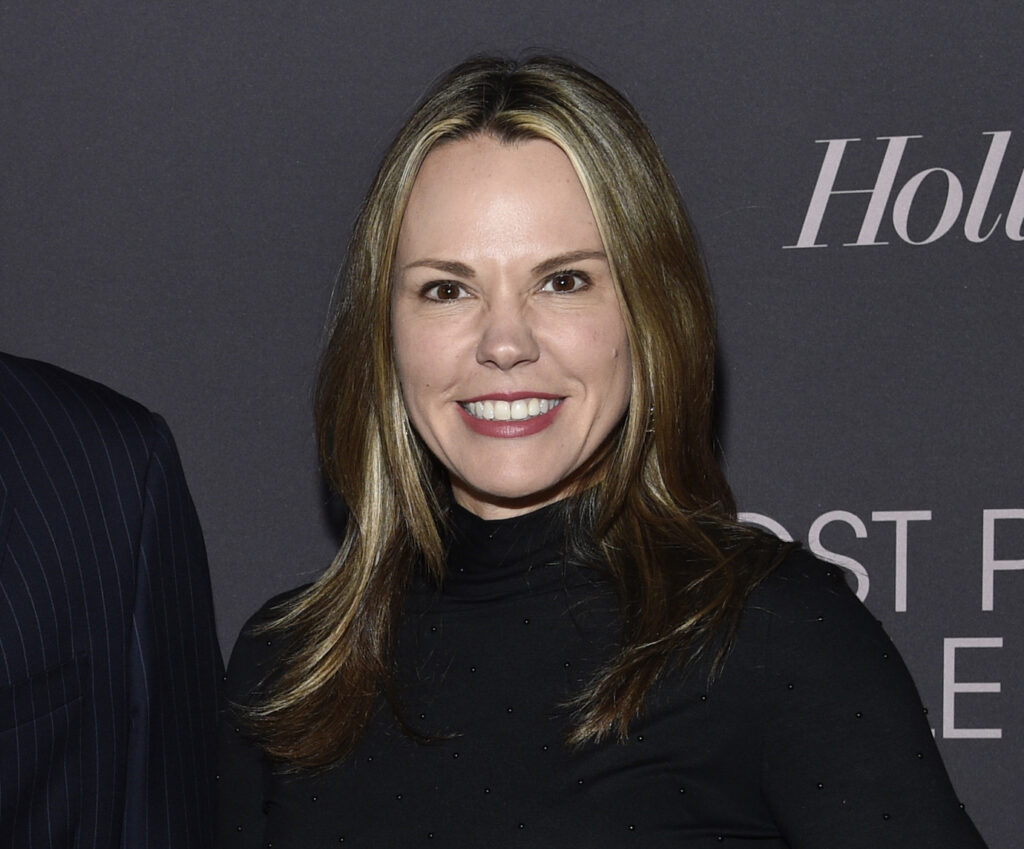
(Puck’s Dylan Byers reported that Ms. McMahon was “fired for not doing a good job” across a number of areas, and was allowed to resign to save face.)
When asked if she was “angry” at Ms. Redstone, Ms. Stahl said, “Yes, I think I am.”
The “60 Minutes” journalist declined to say what a “limit” is that would lead her to resign because “there are many different lines… Bill Owens leaving was a line, and yet here we all are.”
“He asked us not to resign. He explicitly asked us not to resign because it was discussed that we would leave en masse,” Ms. Stahl said.
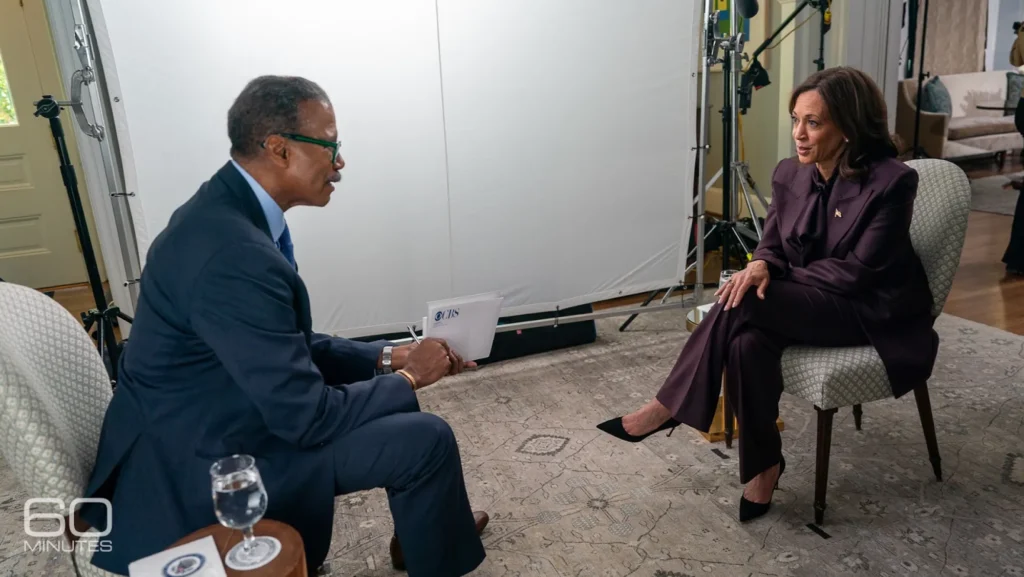
Ms. Stahl appeared to grow emotional as she discussed how Ms. Redstone communicated her wishes for “60 Minutes” to be more fair in its coverage of the Israel-Hamas war.
“To have a news organization come under corporate pressure, to have a news organization told by a corporation: Do this, do that with your story. Change this, change that. Don’t run that piece. I mean, it steps on the First Amendment. It steps on freedom of the press. It makes me question whether any corporation should own a news operation. It is very disconcerting,” she said.
“60 Minutes” was widely denounced in January for a one-sided piece it aired this past January about dissent in the State Department over the American policy regarding Israel and Gaza. Then, in late March, Ms. Stahl came under fire for another piece that was considered unfair to Israel in which she interviewed a freed American-Israeli hostage, Keith Siegel, who was taken hostage with his wife, Aviva, during the October 7 attack.
In the interview, Mr. Siegel detailed the abuse he faced while he was in captivity, such as being forced to witness women being sexually assaulted. He said that once Aviva was freed from captivity, the conditions he faced became even worse, and the “terrorists became very mean, and very cruel, and violent.”
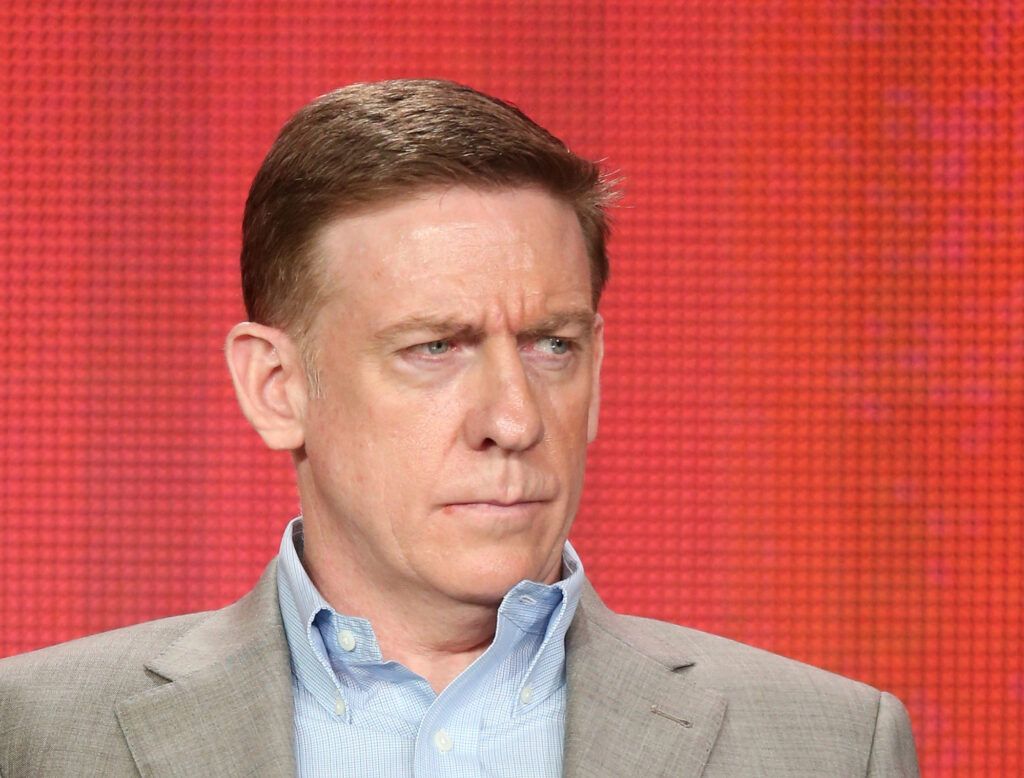
“More so?” Ms. Stahl asked.
Mr. Siegel responded, “Much more so. They were beating me and starving me.”
Ms. Stahl interjected to ask, “Do you think they starved you, or they just didn’t have food?”
“No, I think they starved me, and they would often eat in front of me and not offer me food,” Mr. Siegel responded.
Ms. Stahl was not asked about that interview or the complaints that it was an example of an anti-Israel bias. The New Yorker, which Mr. Remnick edits, has also been accused of persistent anti-Israel bias, including for publishing a “Palestinian poet” who made offensive comments about the Israeli hostages in Gaza and who won a Pulitzer Prize this year (Mr. Remnick belongs to the Pulitzer Board).
Ms. Stahl’s interview with Mr. Remnick comes as expectations are high that Paramount will settle with Mr. Trump. Ms. McMahon and Mr. Owens were reportedly staunch opponents of a settlement or an apology for the editing of the Harris interview.

The status of the settlement negotiations is unclear. Veteran media reporter Matthew Belloni reported in his “What I’m Hearing” newsletter that Mr. Trump’s team “demanded” $50 million to settle the lawsuit in a “take-it-or-leave-it” situation.
Paramount’s board had agreed to pay up to $20 million, the Wall Street Journal reported earlier this year. And it appears that the reported demand failed to extract a settlement offer high enough to satisfy Mr. Trump. It was also unclear if the matter of an apology had been addressed by either side.
While any deal could be weeks away, Ms. Stahl told Mr. Remnick that she is “beginning to think about mourning, grieving” what could happen to “60 Minutes” if there is a settlement and the Skydance deal is approved.
CBS News did not respond to the Sun’s request for comment by the time of publication.
